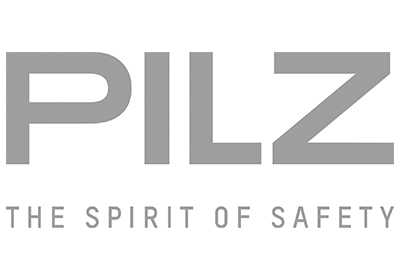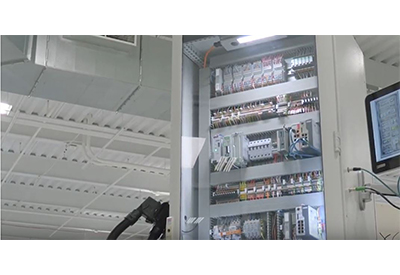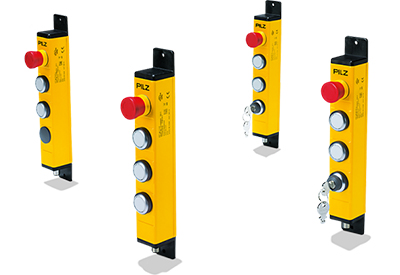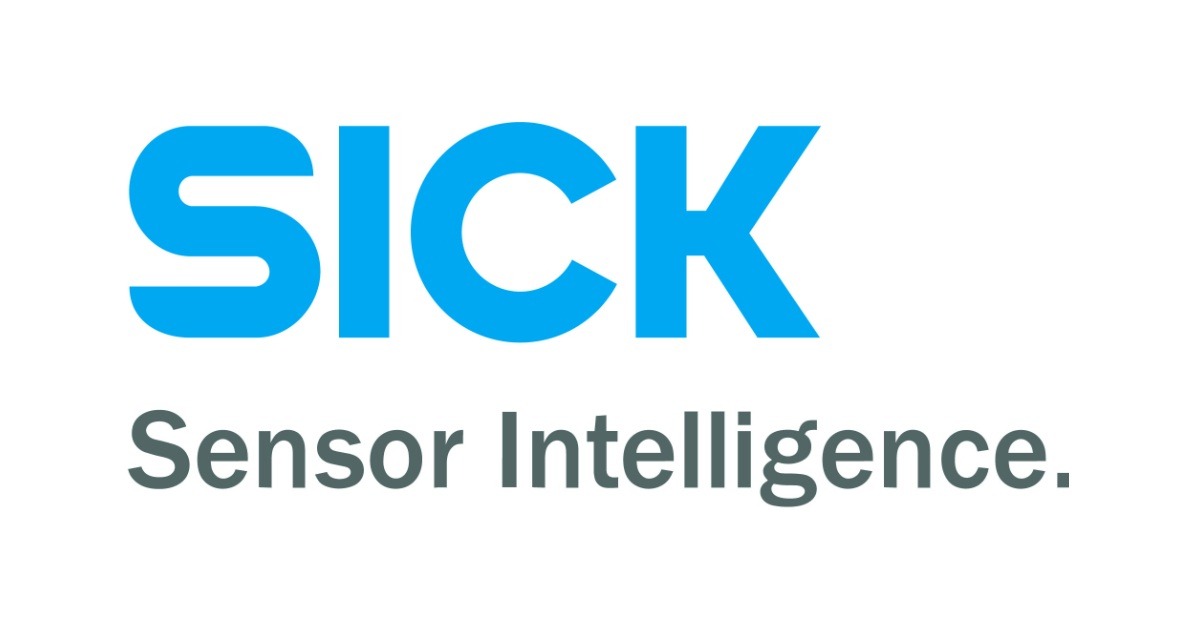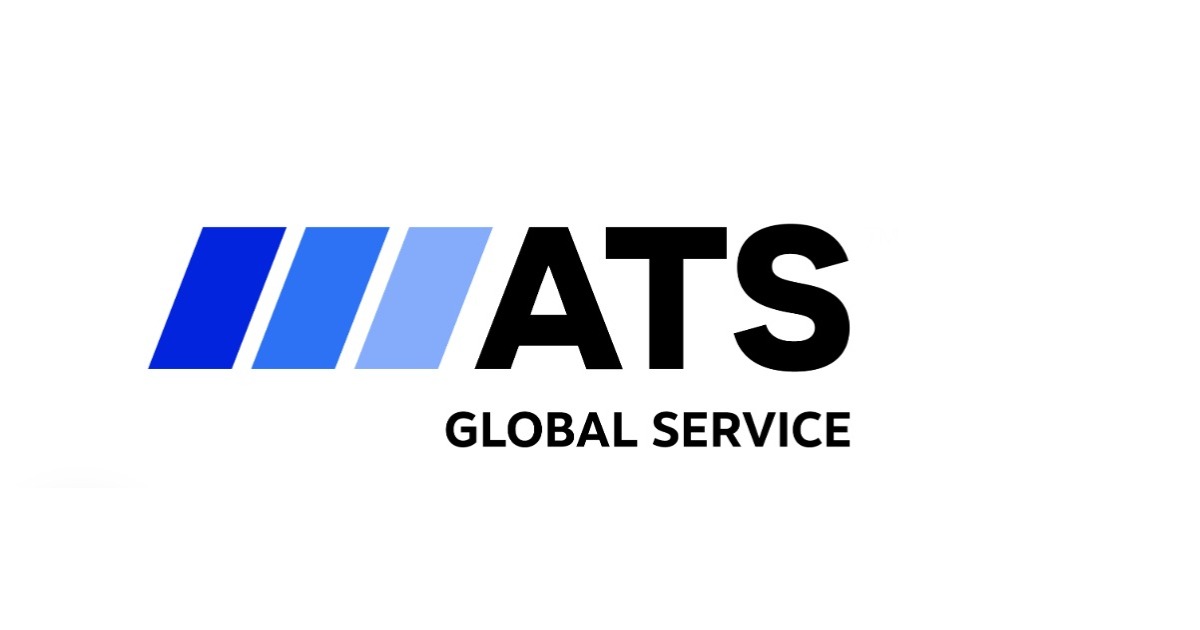ZVEI White Paper – Fault Tolerance in Machinery Safety
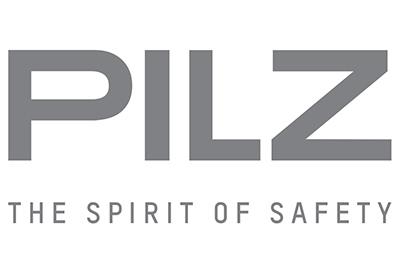
February 9, 2022
A working group within the ZVEI (German Electrical and Electronic Manufacturers’ Association), working in collaboration with Pilz and the IFA (Institute for Occupational Safety and Health), has developed several white papers, which describe the basic principles of fault-tolerant devices and systems in functional safety on plant and machinery. They are intended to demonstrate that implementation of temporary operation with a degraded safety subfunction in safety-related sensors and power drives is in keeping with the protection objectives of the Machinery Directive and is not contrary to the harmonised standards EN ISO 13849 or EN 62061.
Operating in a degraded state breaks – in accordance with the standards – with the dogma of immediate removal of power in the case of a fault. This increases the safety and availability of plant and machinery:
- – Reduced incentive for tampering
- – No consequential damage from shutting down at an inopportune moment
- – Increased productivity
- – Event-based maintenance without downtimes
ZVEI’s TASi working group calls on users and manufacturers to implement these benefits on machinery and so make them profitable for operators.
The white paper is aimed primarily at machine builders and system integrators, who design and implement safety functions and subsystems for the machine controller. This information can also be applied for the design of safety-related devices and systems in product development.
Download the ZVEI white paper free of charge
Part 1 of the ZVEI white paper
The first part of the white paper describes the principles for operating in a degraded state. Part one must be considered before applying Part 2. Download Part 1 HERE.
Part 2 of the ZVEI white paper
The second part describes how to implement fault-tolerant safety functions, which allow a plant or machine to continue operating in fault scenarios, without neglecting personal protection requirements. Download Part 2 HERE.



